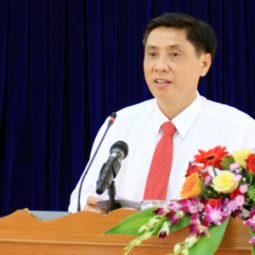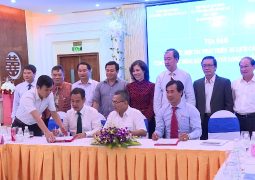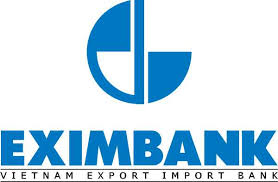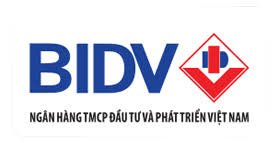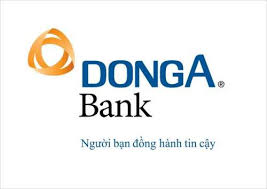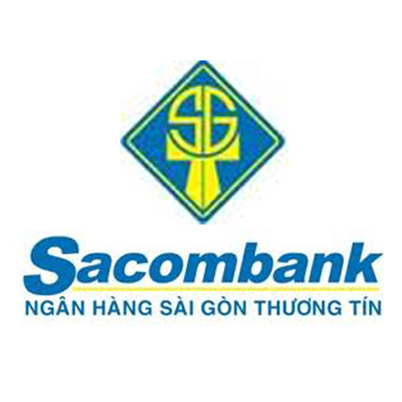With the development investment of local authorities and the effort of the business community, Tay Ninh province achieved encouraging results with key industrial products such as sugar, rubber, cement and plastic. Particularly, the deep processing of some products like modified tapioca and automobile tyres has helped increase the added value and competitiveness of industrial products on the market.

Solid development on ‘5-pillar’ support
The industry of Tay Ninh province is now built on five main production sectors (processing, garment and textile, leather and footwear, non-metallic mineral processing and plastic rubber processing), which account for 77.73 per cent of the province’s total industrial output value. Remarkably, the industrial growth is greatly driven by processing industries based on locally sourced inputs (sugarcane, cassava and rubber. The province now has 126 active food processors, three sugar mills with a daily processing capacity of 14,800 tonnes of sugarcane, and 70 cassava processors with a daily output of 6,000 tonnes. At present, five companies have reportedly made post-starch products (modified tapioca and malt). In 2010-2016 period, their respective annual growth rates were 11.6 per cent, 13.63 per cent, and 18.38 per cent.
Tay Ninh province also has 15 textile companies and 44 garment companies with major products being fabrics, yarns and apparels. The garment and textile industry posted an average yearly growth of 23.4 per cent in 2010-2016. The share of leather and footwear industry in the overall industrial value jumped from 1.9 per cent in 2005 to 18.68 per cent in 2016, driven by an annual growth of 61.94 per cent in 2010-2016.
The plastic rubber processing industry currently has 40 active companies with main products being tyres, technical rubber and plastics. It posted an annual growth of 23.64 per cent in 2010-2016. The non-metallic mineral industry has 68 companies, which make a variety of products like cement, clinker, clay brick and aggregate bricks. Cement accounts for 74.3 per cent of this sector’s value.
To support and encourage companies to develop these key products, the provincial government issued policies on special encouragement for agricultural and rural investment in 2016-2020.
Additionally, Tay Ninh has its own policies to facilitate local enterprises to establish investment and business cooperation with companies in three Cambodian border-sharing provinces (Svay Rieng, Prey Veng, Tboung Khmum) in agricultural production and post-harvested agricultural product transport to Tay Ninh in a bid to create input sources for sugar and manioc plants in the province. The Department of Industry and Trade has also deployed the industrial stimulation programme to support local enterprises to apply modern technologies and facilities to improve productivity and edge up product competitiveness. The department funded over VND2.4 billion to 19 companies in 2010-2016 and is consulting the Provincial People’s Committee on the budget for the 2016-2020 period.
Sharpening competitiveness
Mr. Le Thanh Cong, Director of the Tay Ninh Department of Industry and Trade, said, in the 2016-2020 period, the province will prioritise developing products made from sugar, tapioca, rubber and minerals) and mobilising capital for development of supporting industries for textile and garment and leather and footwear industries, hi-tech mechanical products, electronic and electric components, and agricultural industrial products.
To have a better overall performance, Tay Ninh will step up industrial restructuring to shift from outsourcing to manufacturing to increase technological content and added value to industrial products. It will actively encourage and support economic sectors to develop export-driven industries, processing industries and high-tech industries with attractive incentive policies like tax and stimulation.
He said, international economic integration brings in both opportunities and challenges to enterprises, requiring them to make greater efforts to win growing competition against foreign arrivals in the domestic market and deal with technical barriers to enjoy high preferences offered by free trade agreements (FTAs). “In this context, in order to overcome challenges and grasp opportunities, they must first of all actively join the common playing field: Using the Fourth Industrial Revolution to change production methods, upgrade technologies and affirm intellectual property rights. They must make highly-competitive, differentiated, high-quality products with clear traceability to meet technical requirements of FTAs and market demands,” he recommended.


